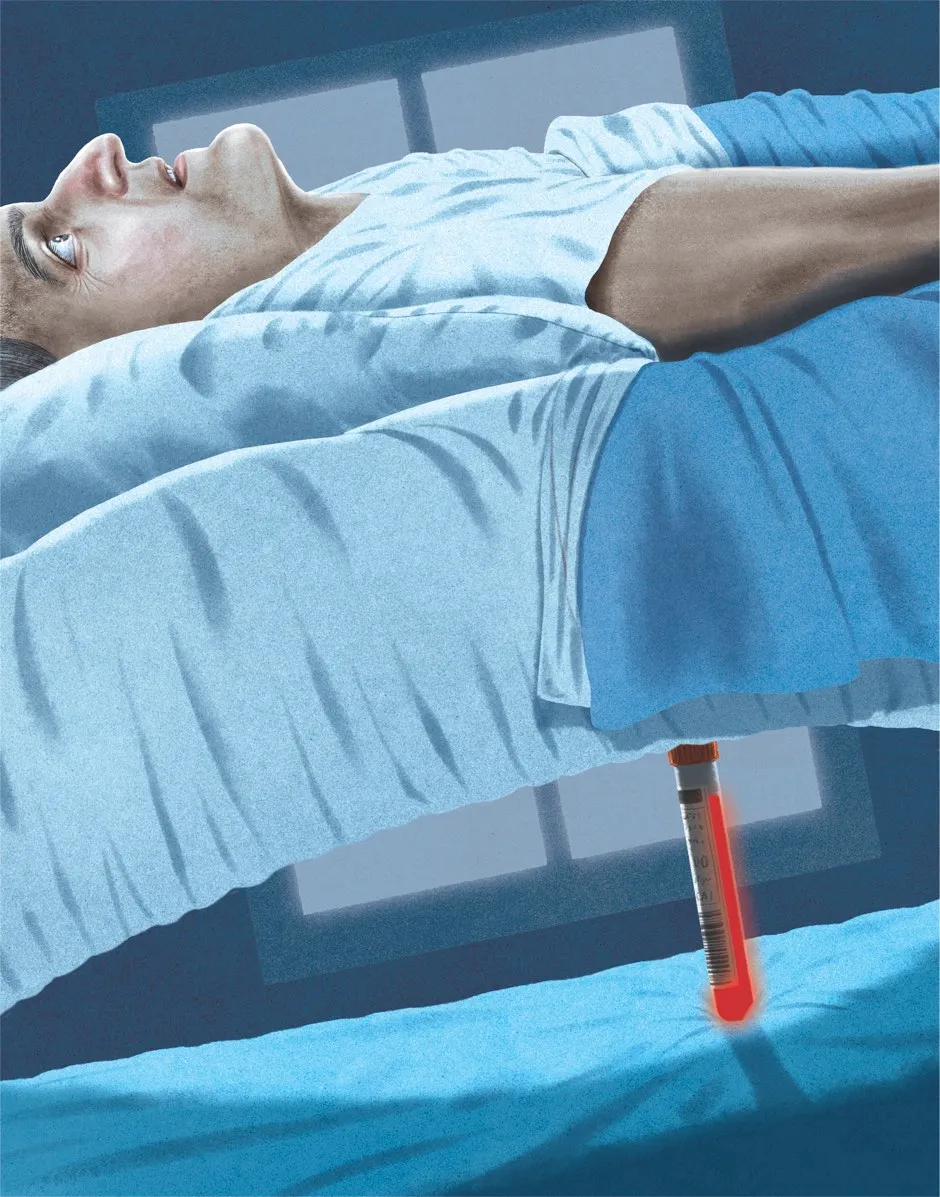A few years ago, I made a film about health tests for BBC’s Horizon. I put myself through a battery of health tests to see which, if any, were worth doing.
These tests included things like having my blood pressure tested, a CT heart scan (only available privately), the prostate specific antigen (PSA) test for prostate cancer, and bowel scope screening (they stick a camera up your backside to detect early signs of bowel cancer).
I concluded that having my blood pressure tested and my bowels screened were a really good idea, but that many of the other tests I did were more likely to induce anxiety than find out anything worthwhile.
Read more about health testing:
- Biometrics: can high street health tests really help you improve your health?
- Menopause can now be predicted two years in advance by new blood test
The PSA test for prostate cancer is a prime example of a test that can do more harm than good. The reason for doing it is that prostate cancer is a major killer.
While breast cancer deaths have reduced by a fifth over the past 10 years, the number of men dying from prostate cancer has increased by 18 per cent. Within the next 10 years, prostate is predicted to become the most commonly diagnosed cancer in the UK.

So you can see the pressure to detect it early. Yet not only does the PSA test throw up lots of ‘false positives’ (telling you that there might be something there when there probably isn’t), but it also warns you about the presence of cancers that would never actually impact your life. Autopsies show that something like 70 per cent of men over the age of 80 have prostate cancer, but most will die of something else.
My father is a prime example. He had a PSA test in his early 70s and was told he had prostate cancer. He had invasive surgery to get rid of it. The impact of the surgery blighted the last years of his life. It’s possible the treatment slowed the disease, but it is also possible that it was a slow-growing tumour and he would’ve died never knowing he had it. In fact, he died of unrelated heart failure a few years after the operation.
Several randomised controlled trials have shown that if you have a slow-growing tumour then it is better to watch and wait than to have surgery, radiation or hormone therapy. But how do you know if your tumour is growing slowly?
Read more from Michael Mosley:
- Life in the (intermittent) fast lane: the health benefits of time restricted diets
- Could a diet help ease the misery of IBS for millions of sufferers?
The good news is that tests which can discriminate rapidly growing cancers from more benign forms are becoming available. These include something called a ‘multi-parametric magnetic resonance imaging’ (mpMRI) scan, which creates more detailed pictures of the prostate than a standard MRI scan.
These are available on the NHS, and recent trials have shown that having an mpMRI scan reduces the chance of unnecessary biopsies and aggressive treatments.
Since biopsies and over-treatment often lead to impotence and urinary incontinence, I will be booking myself in for an mpMRI should the need arise.